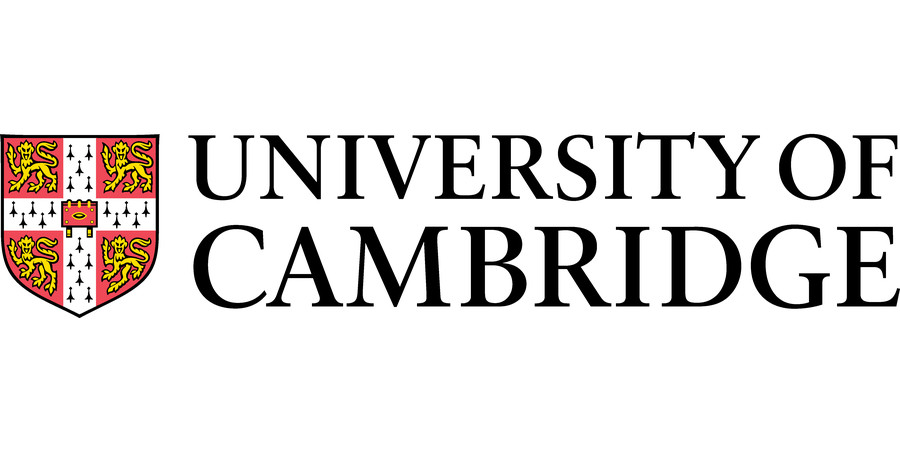Research Associate (Fixed Term)
University of Cambridge - Cambridge Stem Cell Institute (SBS)
| Location: | Cambridge |
|---|---|
| Salary: | £37,694 to £46,049 |
| Hours: | Full Time |
| Contract Type: | Fixed-Term/Contract |
| Placed On: | 7th October 2025 |
|---|---|
| Closes: | 24th November 2025 |
| Job Ref: | PS47550 |
Fixed-term: The funds for this post in the first instance is are available for 24 months.
The Cambridge Stem Cell Institute is an international centre of excellence for stem cell research and regenerative medicine. Scientists in the Institute collaborate to advance our knowledge of various stem cell types and to perform pioneering work in translational research areas, providing the foundation for new medical treatments (https://www.stemcells.cam.ac.uk/).
The laboratory of Dr Mekayla Storer (https://www.stemcells.cam.ac.uk/people/pi/dr-mekayla-storer) uses multidisciplinary approaches to understand why the distal portion of the digit tip is the only part of the limb that can regenerate in mammals. The key step in this process is the formation of a blastema, a transiently proliferating mass of cells that the regenerates the different cell types of the digit to replicate the original structure. Therefore the broad goal of our research is to understand which cells and molecular pathways are necessary for this process. A portion of our present research builds on our previous work (Storer et al., Dev. Cell 2020) that used high-throughput single-cell mRNA sequencing and Cre-recombinase based lineage tracing to define the transcriptional identity of the mesenchymal cells comprising the blastema and the major transitions during mammalian digit tip regeneration. We are looking for a dedicated post-doctoral researcher with computational expertise to determine which of these factors present during digit tip amputation are necessary for successful regeneration and the mechanisms that underly this process. The post holder will use single cell transcriptomics/multi-omics approaches, spatial transcriptomics and computational modelling.
Requirements:
Successful applicants should have a PhD in the field of regenerative biology, bioinformatics, genomics, or cell/developmental biology or be close to the completion of their degree. Expertise in general areas of stem cell biology would be suitable for this position. A strong background in epigenetics and computational biology would be an advantage. It is essential that the post-holder is organized, able to work collaboratively as a member of a team and can communicate effectively and clearly.
Appointment at Research Associate level is dependent on having a PhD. Those who have submitted but not yet received their PhD will be appointed at Research Assistant level (Grade 5), which will be amended to Research Associate (Grade 7) once PhD has been awarded
Start date is flexible but can be as early as January 2026.
To apply online for this vacancy, please click on the 'Apply' button above. This will route you to the University's Web Recruitment System, where you will need to register an account (if you have not already) and log in before completing the online application form.
Applicants must have (or be close to obtaining) a PhD.
Please ensure that you upload a covering letter and CV in the Upload section of the online application. The covering letter should outline how you match the criteria for the post and why you are applying for this role. If you upload any additional documents which have not been requested, we will not be able to consider these as part of your application.
Please include details of your referees, including email address and phone number, one of which must be your most recent line manager.
Interview date: Early December
The University actively supports equality, diversity and inclusion and encourages applications from all sections of society.
Advert information
Type / Role:
Subject Area(s):
Location(s):









